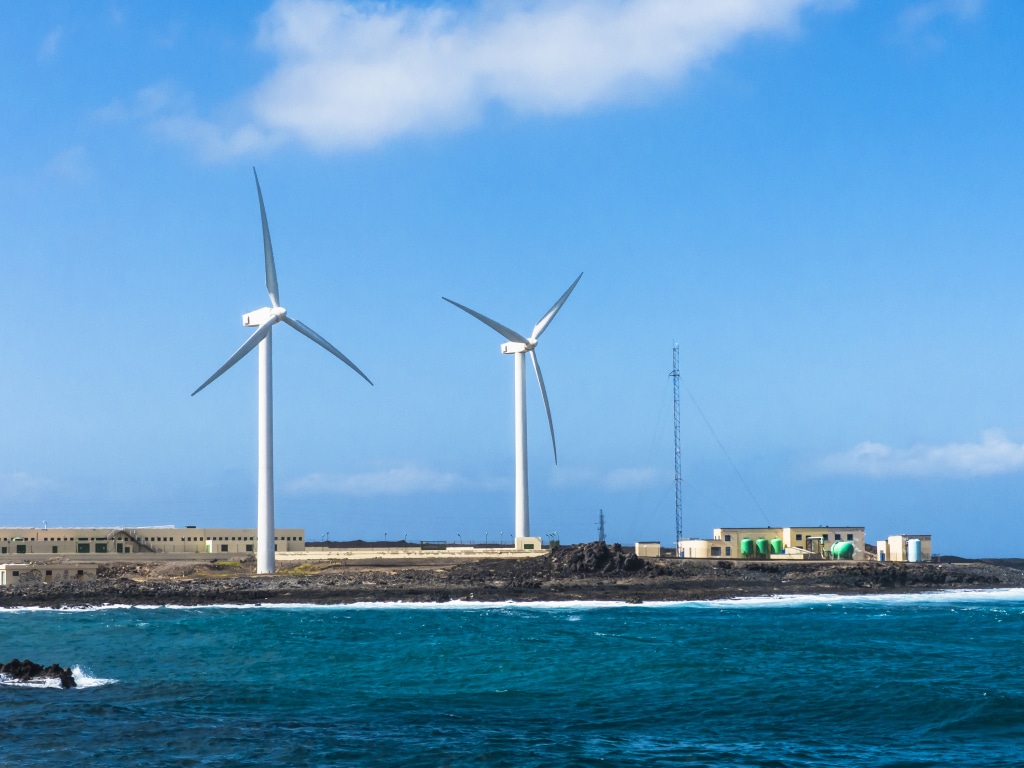The real criticism of seawater desalination is its high energy consumption. Egypt wants to reduce the environmental impact of desalination by building new plants powered entirely by renewable energy. This is the aim of recent discussions between Metito, Orascom Construction, the Norwegian independent power producer (IPP) Scatec and Prime Minister Mostafa Madbouli. These discussions are also open to the Egyptian Ministry of Electricity and Renewable Energy, the Ministry of Planning and the Egyptian Sovereign Wealth Fund.
The Scatec Group, whose CEO Raymond Carlsen was in Cairo, has already invested in Egypt, notably in several operational power plants in the Benban solar complex. The group, which was formerly called Scatec Solar, has recently diversified its activities, and wants to contribute to the setting up of desalination plants that run on clean energy. Scatec is expected to work with Metito and Orascom Construction, which have already equipped the country of the pharaohs with several reverse osmosis plants.
Improving brine treatment
Cairo aims to build 65 desalination plants by 2050 in Matrouh, South Sinai, Suez, Ismailiyah, North Sinai and Red Sea governorates. These installations will have a capacity of 750,000 m3 per day. According to the Egyptian government’s forecasts, the governorate of Matrouh will have 14 plants with a daily capacity of 250,000 m3 per day, while the Red Sea will have 18 plants with a capacity of 109,000 m3 per day. North Sinai and South Sinai will host 21 and nine plants respectively with a daily capacity of 20,000 m3 and 75,000 m3. Only one plant will be established in Ismailia, and two others in Suez.
Read also- EGYPT: 19 desalination plants to be inaugurated in 18 months and 67 by 2050
In addition to supplying the desalination plants with electricity produced from renewable sources, the Egyptian authorities should also insist on the treatment of brine. This is hot water, which is highly concentrated in salt from the seawater desalination process. According to the United Nations (UN), 142 million m3 of brine are discharged every day from desalination plants, amounting to 51.8 billion m3 per year worldwide. These discharges have consequences for living organisms in the sea.
According to the International Water Rights Association (Iwra), the brine released by desalination plants reduces the ability of plant roots to draw water from the soil. This is a disaster for mangrove ecosystems, whose good health conditions the reproduction of many aquatic organisms.
Jean Marie Takouleu
